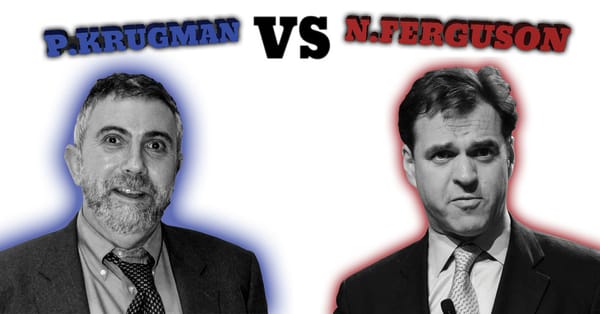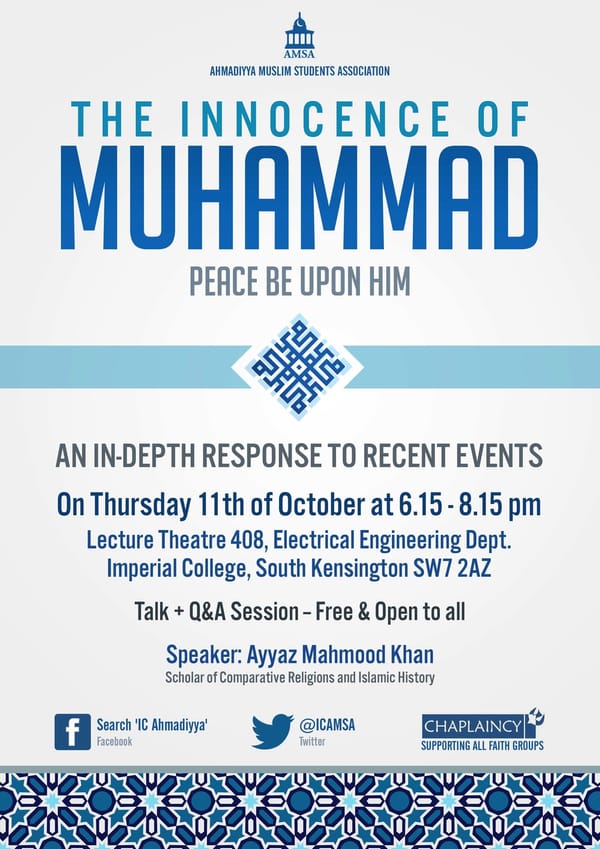Are extradition treaties justified?
No, extraditing criminals ... is an example of snide and sneaky backdoor politics
Extraditing criminals is both damaging to overall world justice and an example of snide and sneaky backdoor politics.
When someone commits a crime, there are always victims and there will always be consequences. Whether it is assault, where the victim has been physically harmed, or theft, where the victim’s livelihood takes the hit, breaking the law always leads to someone being emotionally damaged by the perpetrator of the criminal act. Decisions based upon emotions that you have felt tend to be biased. For example, if someone had killed your brother, you would want them to be sent to prison for the maximum amount of time, or worse. In your eyes, that would be the only way to ease your pain: knowing that the killer was brought to justice. However, that decision may be a bit harsh, especially if the death of your brother had happened by accident. That’s why we have judges and jurors, people who are impartial and not emotionally biased towards either the victim or the criminal. We trust in them to make the right decision.
Now think about this on a larger scale. When 9/11 happened, there were thousands of victims who died in that crash, leaving behind grieving families. Not only that, it was a massive attack on the American way of life, meaning that every American felt the pain of 9/11. When a whole country is left emotionally damaged from a crime, who becomes the judge, supposed to hand down impartial sentences proportional to the crime? The President. He, however, can’t be impartial, because he is elected by the people who are feeling the pain. This means that he has to pander to the wants of the public, and so justice becomes perverted into the vengeance of the mob.
So now we have a whole country of irrational actors. Anything even related to 9/11 is an attack on America, but not only that; the allies of that irrational country are bound to supporting their actions. Governments apply pressure to the courts, forcing through decisions that ensure criminals are extradited to the country where they will face the biggest charge. This isn’t justice proportional to the crime; it’s allowing the victims to decide the sentence.
What makes things worse is that the country a suspect is extradited to depends massively on that country’s economic and politcal standing in the world. According to the US-UK extradition treaty of 2003, the US can extradite UK citizens for offences against US law, even though the offence was committed in the UK by a UK citizen. There only needs to be reasonable suspicion that the person committed the crime in order for them to be shipped off to America, where they won’t face a free trial and will not have access to legal aid from the UK. There is no comparable measure for extraditing US citizens to the UK. This glaring judicial imbalance is a direct result of the economic imbalance between the two countries.
Although we tend not to extradite criminals to countries where they could face the death penalty, what if there was “reasonable suspicion” that a UK citizen breached Uganda’s Anti-Homosexuality bill? In this case they wouldn’t be extradited, because the UK doesn’t receive as many benefits by allying itself with Uganda as it does from the US.
If extradition continues the way it is, the UK government will always be treading on eggshells, trying to appease whichever superpower is giving them the most money. Justice, my arse.






